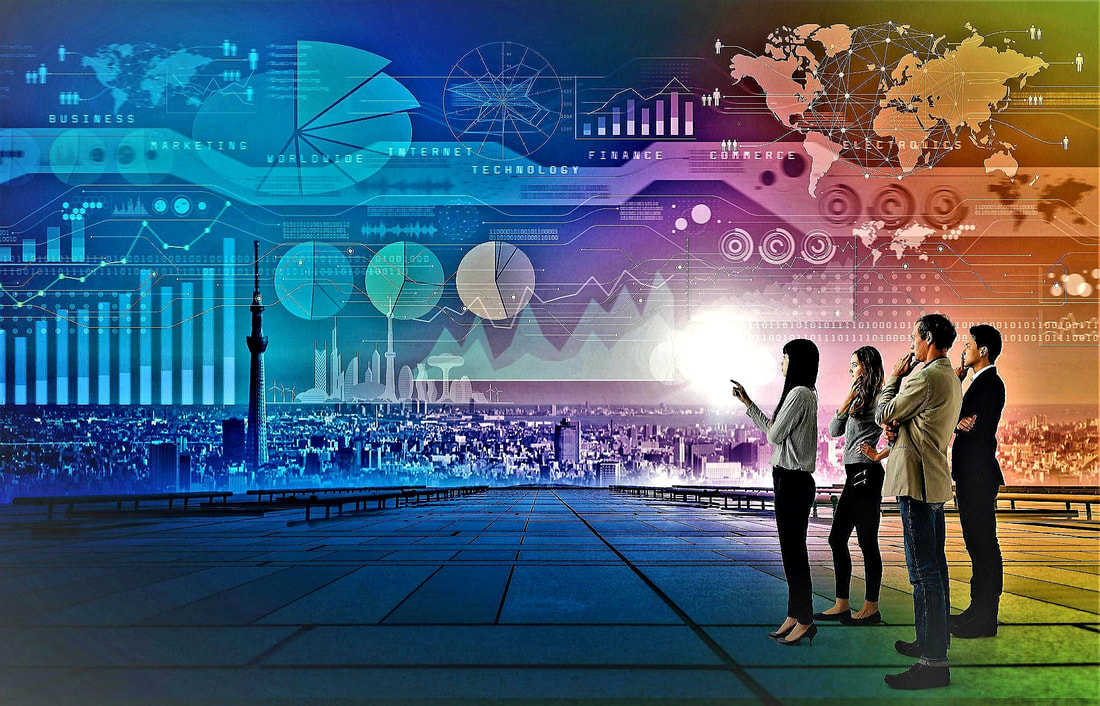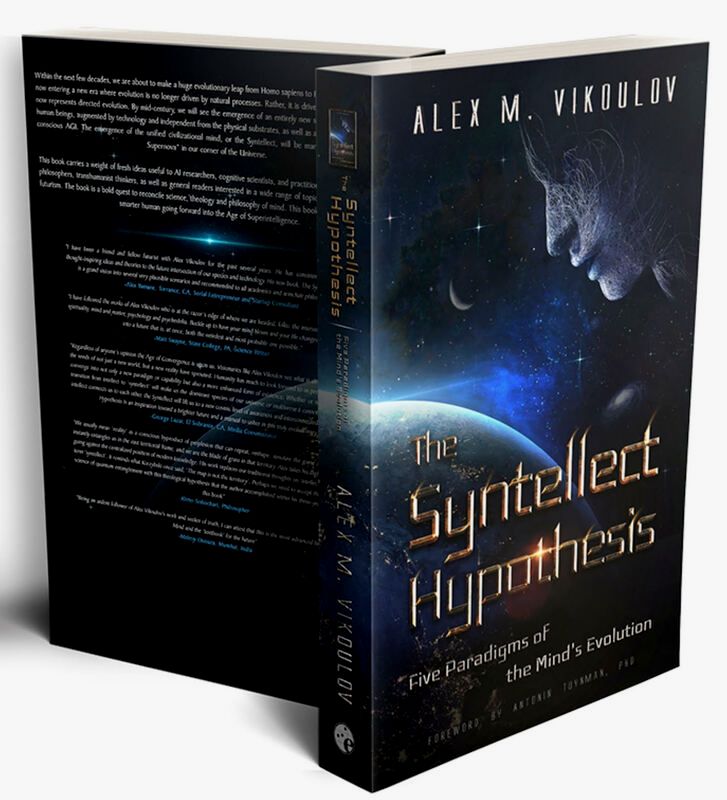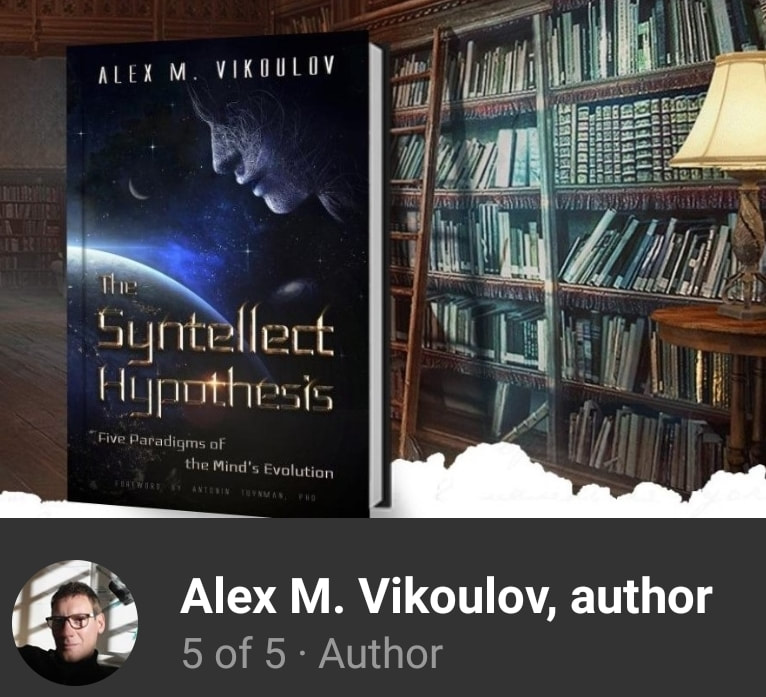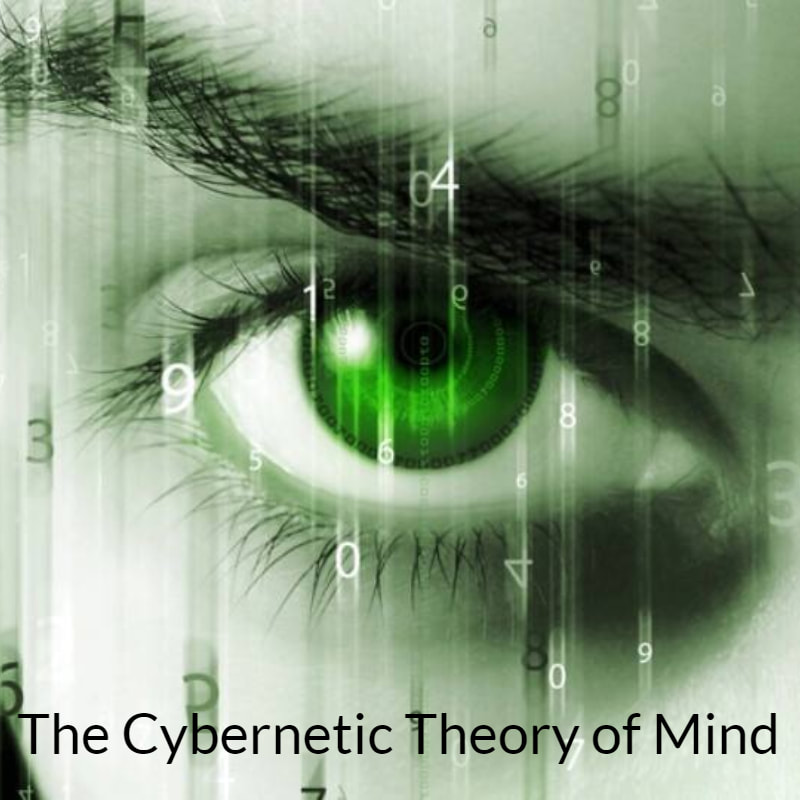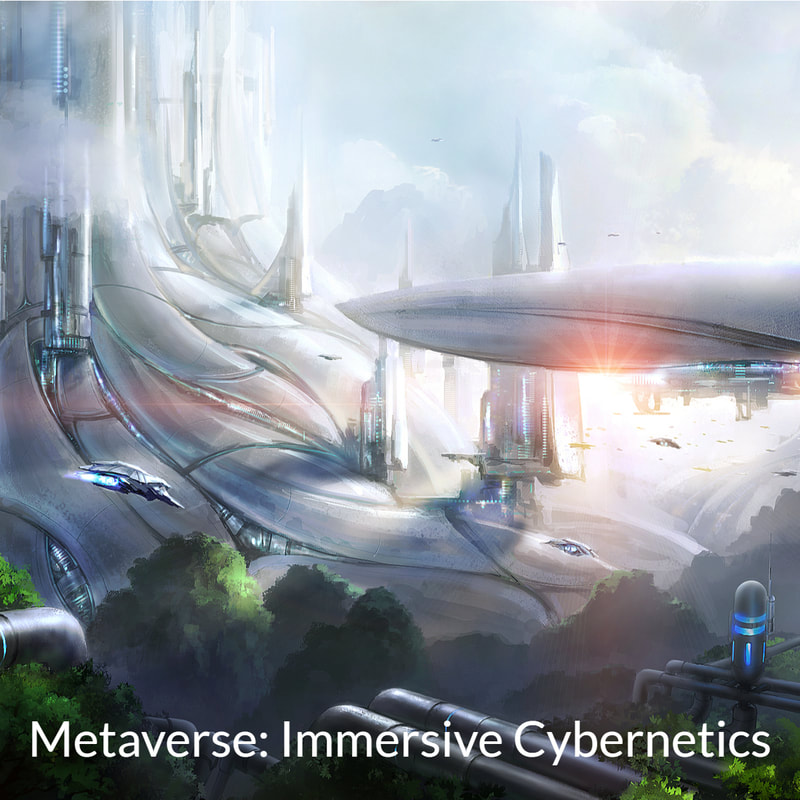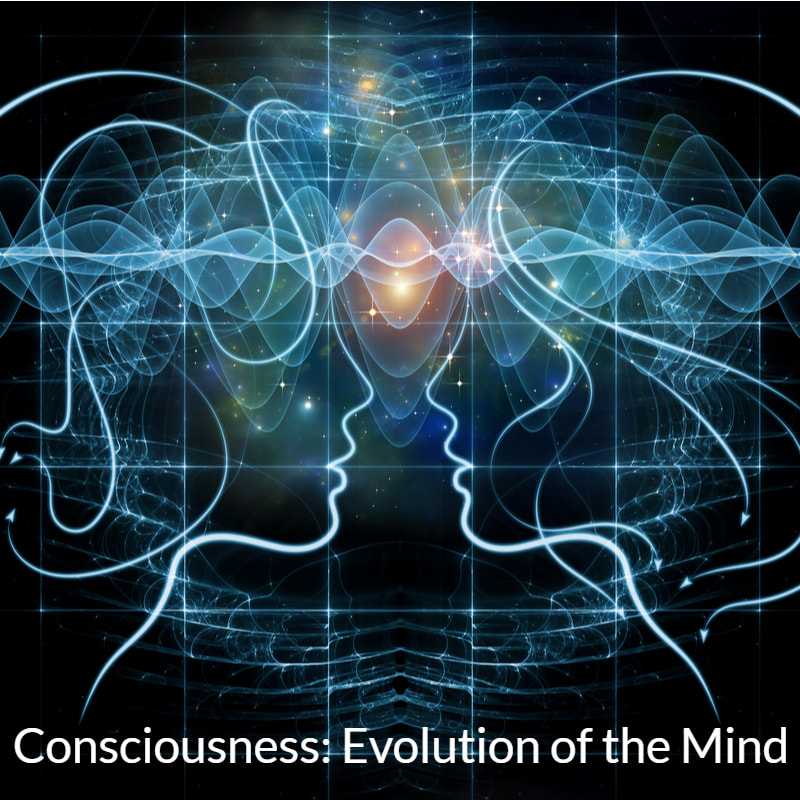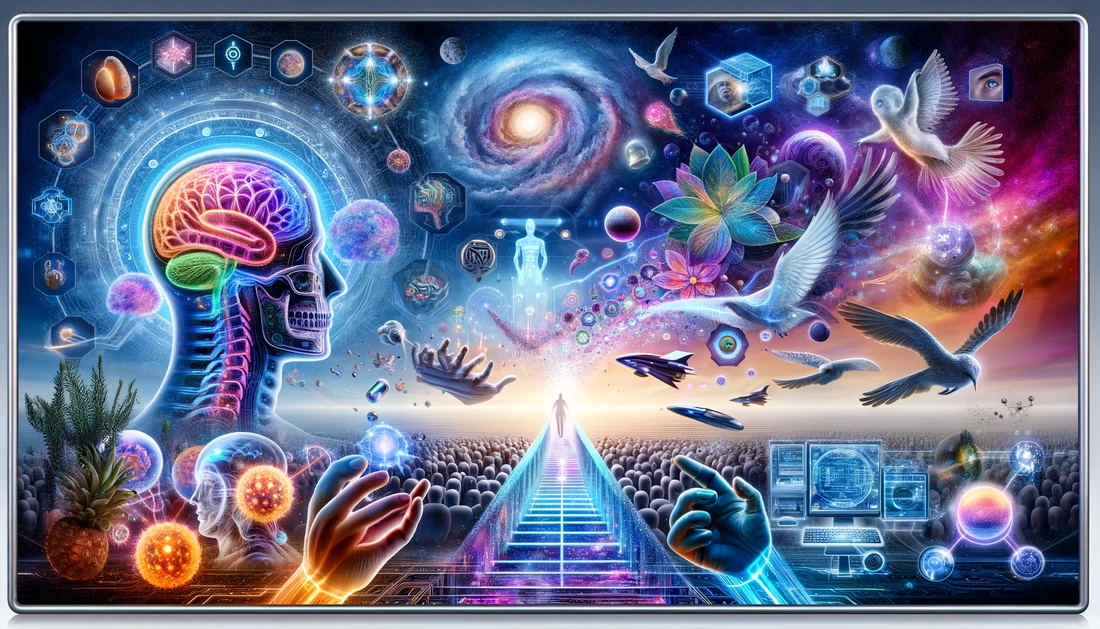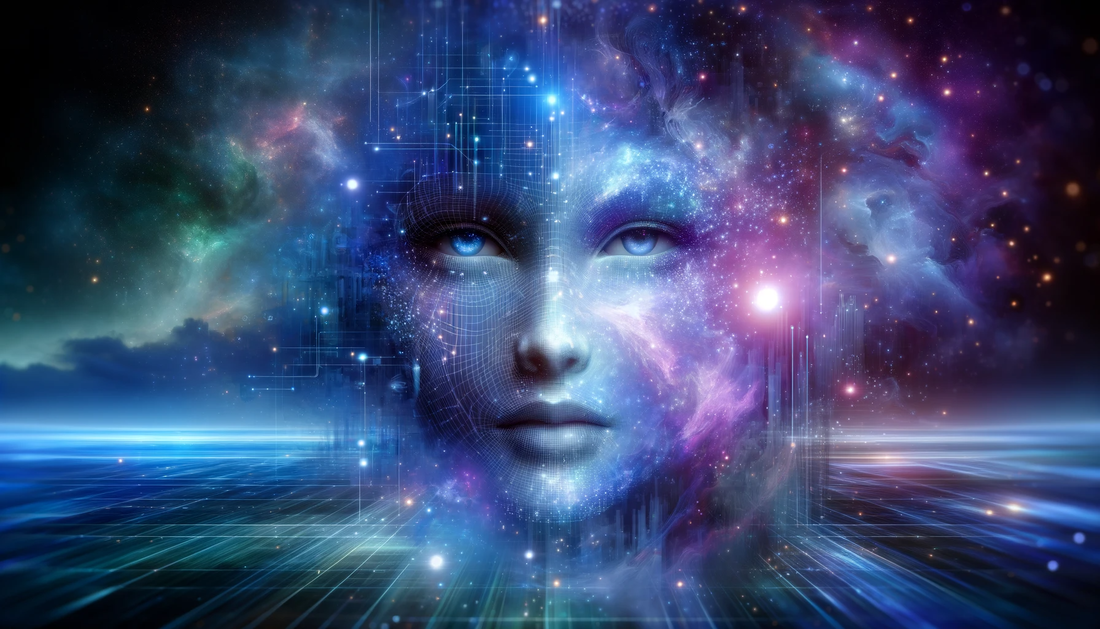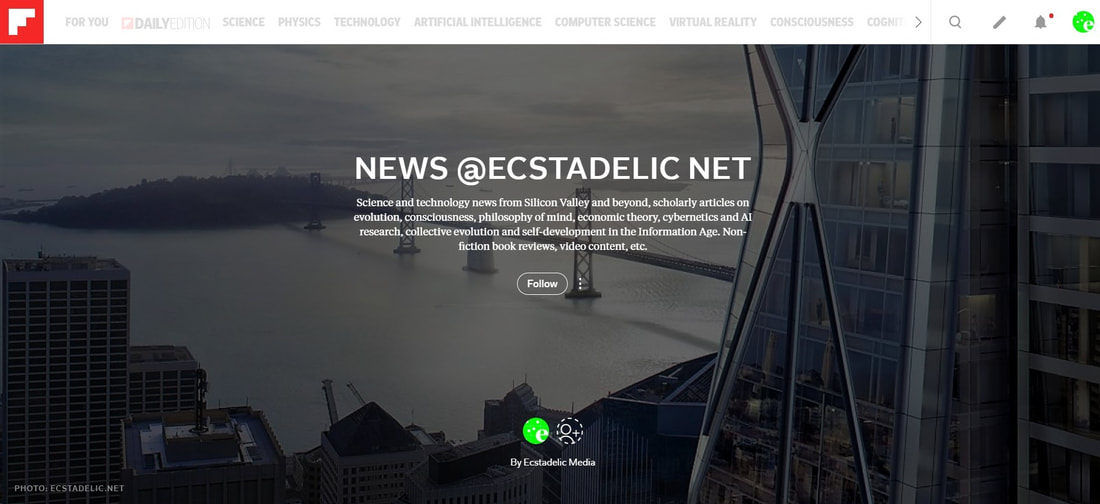|
by Alex Vikoulov "Capitalism does not permit an even flow of economic resources. With this system, a small privileged few are rich beyond conscience, and almost all others are doomed to be poor at some level. That's the way the system works. And since we know that the system will not change the rules, we are going to have to change the system." -Martin Luther King, Jr. On May 6, 2010, the Dow Jones index opened lower than the previous day, falling slowly over the next few hours in response to the debt crisis in Greece. But at 2.42pm, the index started to fall rapidly. In less than five minutes, more than 600 points were wiped off the market. At its lowest point, the index was nearly 1,000 points below the previous day’s average, a difference of almost 10% of its total value, and the biggest single-day fall in the market’s history. By 3.07pm, in just 25 minutes, it recovered almost all of those 600 points, in the largest and fastest swing ever, what professional market participants would call a “black swan” event. I was trading on that roller coaster 'Flash Crash' historical day and saw it with my eyes -- the rapid decline and just as rapid rebound of the markets and my own portfolio. I remember watching commentator Jim Cramer on CNBC hysterically screaming from the bottom of his lungs: "This is unreal! This is not right! The system obviously broke down! The machines broke down!" What a wild ride that was! I'll tell you! 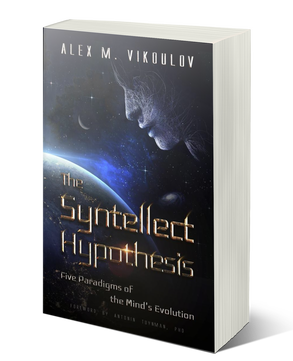 Although the “free markets” model has been our best economic invention up until now, most people would be genuinely surprised to find out that senile “classic” capitalism is now digging its own perfect grave. Wall Street, the apex of U.S. economic system, has entered a new algo-dominated era. Back in the day, while working at Prudential Financial in San Francisco, one of the global investment powerhouses, I saw the insides of that industry. The fraternity of bond jockeys, derivatives mavericks and stock pickers who've long personified the industry gave way to algorithms and artificial intelligence. These tools relieved money managers of routine tasks, but made the pool of remaining jobs increasingly scarce and insanely competitive. In large part, AI does what humans do, except much faster and more accurately, supplanting entire teams of investment specialists. Goldman Sachs, for example, employed around 600 people at their US cash equities trading desk in 2000. Today, this operation has been taken over by AI with the same trading desk employing only two people. Sci-fi writers and Hollywood got it wrong. The superintelligent machines are not coming for our lives. They are coming for our jobs. With the looming threats of technological unemployment, the oligopolist control of AI technology -- with the bulk of global population essentially rendered irrelevant by technology -- we might face a future of unprecedented inequality than ever before. The current economic system distributes wealth in a very focused manner that prevents a vast majority of humans from being adequately rewarded by the technologically advanced civilization. These factors undoubtedly condemn today's system of suboptimal economics to the realm of classical models of history as a result of impending obsolescence. In brief, the current faltering economic model is suboptimal, hinders economic growth, and is not sustainable going forward. Our today’s economy resembles a car on the road -- if your drive your roadster, you might want to slow down before a turn, and then naturally accelerate after the turn. It all looks kind of natural except that the slowing down in real economy is done at the expense of general public. It’s far from a fair game! ‘Quantitative Easing’ (QE) first benefits the large pockets of Wall Street capital-controlling elite, a handful of people “in the know.” Every stock market downturn, in a sense, is a rip-off of the investing public, and every consequent upturn first benefits the Wall Street elite, too. QE, known as large-scale asset purchases, is essentially when the Federal Reserve buys predetermined amounts of 'illiquid' government bonds or other financial assets for 'liquid' cash in order to stimulate the economy and increase liquidity. But what if our economy doesn’t need to slow down... ever… or at least do it in a controlled manner? And what if instead of losing jobs to automation, we'll create entire new industries? Instead of an old car on the road, the next economic model will resemble a brand-new flying car. When you need to pilot one, you have to take off, then gain altitude and accelerate in speed, then proceed steadily, and only before reaching your destination, you can decelerate and start descent. So, what might this new economic model look like? What will it mean for the future of work and entrepreneurship? Read the rest of this story in my new book "The Syntellect Hypothesis: Five Paradigms of the Mind's Evolution" that you can order today on amazon.com, bn.com, audible.com or directly from EcstadelicNET webstore. -Alex Vikoulov Tags: capitalism, economic resources, Martin Luther King, Jr., Dow Jones index, debt crisis, black swan, Flash Crash, Jim Cramer, CNBC, free markets, economic model, Wall Street, U.S. economic system, Prudential Financial, money managers, investment specialists, Goldman Sachs, equities trading desk, superintelligent machines, technological unemployment, oligopolist control, AI technology, technologically advanced civilization, Quantitative Easing, QE, Wall Street capital-controlling elite, Wall Street elite, Federal Reserve, flying car, future of work, entrepreneurship *Image Credit: Shutterstock About the Author: Alex Vikoulov is a futurist, evolutionary cyberneticist, philosopher of mind, founder of Ecstadelic Media Group, painter, essayist, media commentator, author of "The Syntellect Hypothesis: Five Paradigms of the Mind's Evolution," "The Origins of Us: Evolutionary Emergence and The Omega Point Cosmology," "The Physics of Time: D-Theory of Time & Temporal Mechanics," "The Intelligence Supernova: Essays on Cybernetic Transhumanism, The Simulation Singularity & The Syntellect Emergence," "Theology of Digital Physics: Phenomenal Consciousness, The Cosmic Self & The Pantheistic Interpretation of Our Holographic Reality," "NOOGENESIS: Computational Biology," "TECHNOCULTURE: The Rise of Man." Self-described neo-transcendentalist, cosmist, transhumanist singularitarian. Lives in Burlingame, California (San Francisco Bay Area). More Bio... Author Website: www.alexvikoulov.com e-mail: [email protected]
0 Comments
Leave a Reply. |
Categories
All
Recent Publications The Cybernetic Theory of Mind by Alex M. Vikoulov (2022): eBook Series The Syntellect Hypothesis: Five Paradigms of the Mind's Evolution by Alex M. Vikoulov (2020): eBook Paperback Hardcover Audiobook The Omega Singularity: Universal Mind & The Fractal Multiverse by Alex M. Vikoulov (2022): eBook THEOGENESIS: Transdimensional Propagation & Universal Expansion by Alex M. Vikoulov (2021): eBook The Cybernetic Singularity: The Syntellect Emergence by Alex M. Vikoulov (2021): eBook TECHNOCULTURE: The Rise of Man by Alex M. Vikoulov (2020) eBook NOOGENESIS: Computational Biology by Alex M. Vikoulov (2020): eBook The Ouroboros Code: Reality's Digital Alchemy Self-Simulation Bridging Science and Spirituality by Antonin Tuynman (2019) eBook Paperback The Science and Philosophy of Information by Alex M. Vikoulov (2019): eBook Series Theology of Digital Physics: Phenomenal Consciousness, The Cosmic Self & The Pantheistic Interpretation of Our Holographic Reality by Alex M. Vikoulov (2019) eBook The Intelligence Supernova: Essays on Cybernetic Transhumanism, The Simulation Singularity & The Syntellect Emergence by Alex M. Vikoulov (2019) eBook The Physics of Time: D-Theory of Time & Temporal Mechanics by Alex M. Vikoulov (2019): eBook The Origins of Us: Evolutionary Emergence and The Omega Point Cosmology by Alex M. Vikoulov (2019): eBook More Than An Algorithm: Exploring the gap between natural evolution and digitally computed artificial intelligence by Antonin Tuynman (2019): eBook Our Facebook Pages
A quote on the go"When I woke up one morning I got poetically epiphanized: To us, our dreams at night feel “oh so real” when inside them but they are what they are - dreams against the backdrop of daily reality. Our daily reality is like nightly dreams against the backdrop of the larger reality. This is something we all know deep down to be true... The question then becomes how to "lucidify" this dream of reality?"— Alex M. Vikoulov Public Forums Our Custom GPTs
Alex Vikoulov AGI (Premium*)
Be Part of Our Network! *Subscribe to Premium Access Make a Donation Syndicate Content Write a Paid Review Submit Your Article Submit Your Press Release Submit Your e-News Contact Us
|

